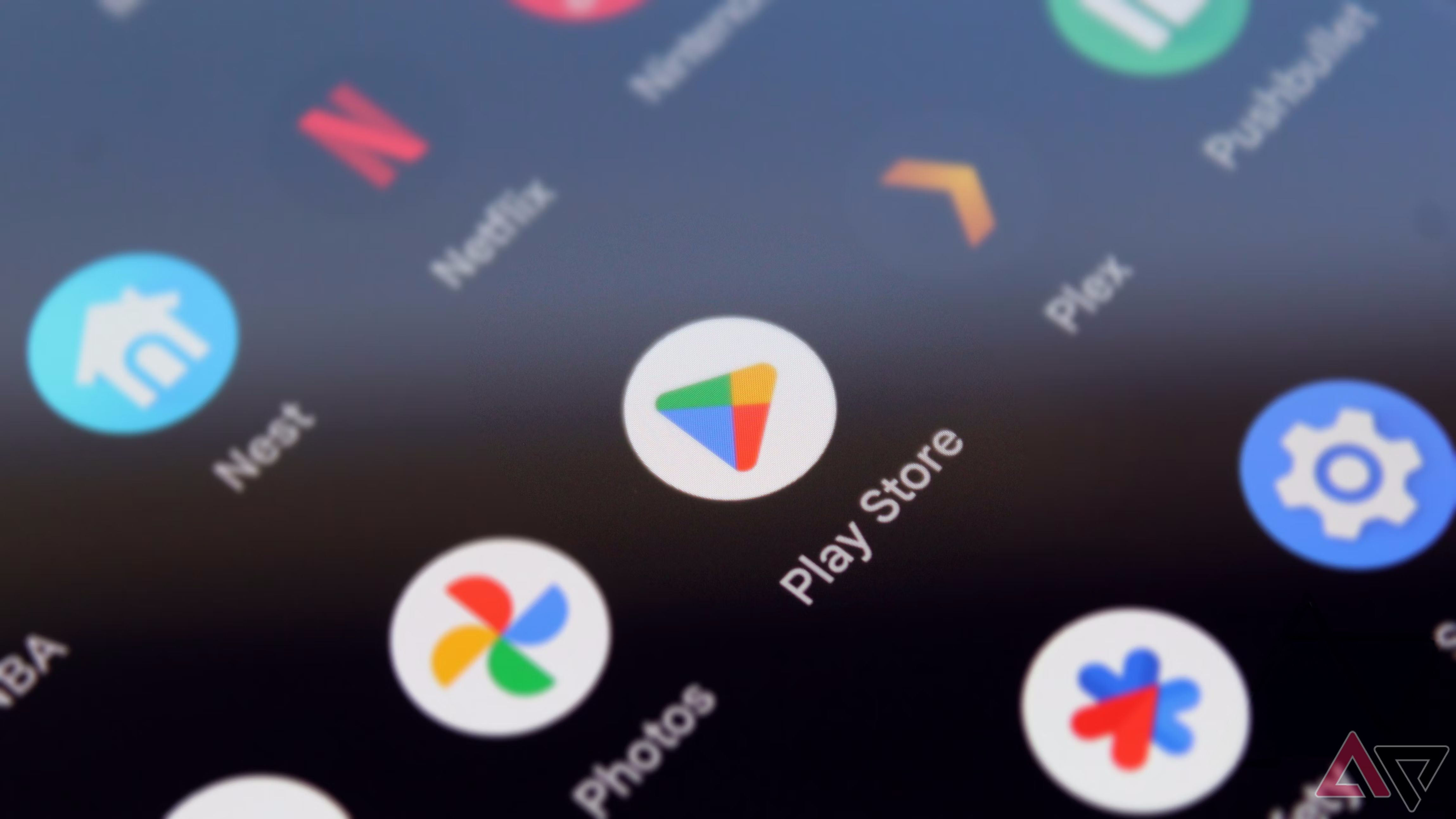Google is a massive corporation with well over one hundred thousand employees, and within that company are a ton of teams that each work on different, but many times overlapping, projects. As outsiders observing Google, it can sometimes feel like the right hand doesn’t know what the left hand is doing, which is a problem that can be solved with many different solutions. Restructuring or consolidating different teams into a single unit can make problem-solving more efficient, and that’s exactly what the company has recently done with the three teams responsible for various aspects of the Google Play developer journey.
Related
Google is making huge changes to its Android and Pixel teams in the name of AI
Rick Osterloh is taking on Google’s new ‘Platforms and Devices’ team, while Hiroshi Lockheimer looks to new projects
Back in April, Google announced a major reshuffling of its internal hardware and software teams responsible for projects like Pixel, Chrome, Chrome OS, and Android. The new “Platforms and Devices” team, led by Rick Osterloh, was created so the company could double down on AI; by bringing these teams together, Google can utilize “full-stack innovation when necessary.”
As part of this reshuffling, other teams within Google were folded under “Platforms and Devices,” including a new team that’s focused on the broader developer ecosystem. This new team brings together the teams that made the tools to build apps (Android Developer Experience), helped distribute apps to billions of consumers (Google Play), and ensured that apps are safe and secure (Ecosystem Trust). It’s headed up by Sam Bright, who is the current Vice President and General Manager of Google Play.
Google Play’s new VP offers insight into the changes
Bright revealed the existence of the new team in an interview with myself and Jason Howell during the Android Faithful podcast. Prior to joining Google Play, Bright was Chief Product and Experience Officer at Upwork:
I’m influenced by the fact that, before I came to Google, I led product at a developer [sic] and so I was always thinking like, “where are we going to invest the marginal scrum team to try to drive growth for the platform?”

Related
Google Play’s new Collections widget wants you to spend, consume, and repeat
It’s launching in the US today
When we asked Bright about this new team at Google Play, he stressed that the changes are all about supporting developers to make the Play Store a more attractive destination. By combining these three teams, app creators should have an easier time getting help from Google when they need it, and engaging users to ensure business keeps booming:
We formed this new team, this Play plus developer ecosystem team, and really what it’s seeking to solve is we want to support developers across their entire app lifecycle, whether it’s building and testing apps, it’s releasing and updating them, it’s acquiring users, it’s engaging users, it’s reengaging users, it’s retaining users, it’s helping them monetize, all supported by keeping the platform safe so that users and developers can connect and feel like they’re having a really positive experience. When you think about that, what this team brings together is a series of different assets to support that, whether it’s Android Studio or tools or toolkits as well as obviously the distribution reach that Play provides and also the ability to look at trust holistically.
Ultimately, it’s all about making the Play Store a more attractive destination for developers. While we weren’t given a name for the new team, it’s clear that it encompasses all aspects of the Google Play developer journey, from development to distribution and beyond. Bright continued:
The problems we’re trying to solve for developers is, we want them to be excited and to affirmatively choose to invest in Android, and part of that is being able to build apps for a multitude of form factors, whether that’s handsets or it’s tablets or it’s watches or it’s TV or auto, the list goes on, in as cheap and high quality a way as possible. And in the process, we want them to feel like they get great return on their investment as they’re doing so, and so we brought together this team to really focus on those capabilities.
Finally, Bright teased that the reshuffling of teams isn’t the only thing changing at Google Play. The moves the division is making, both now and in the near future, aren’t just aimed at helping grow Google Play, but rather the entire Android ecosystem:
We’re seeking to provide the tools and toolkits that are going to help the members of the scrum team be as effective as possible, want to build for Android, and also help the C-suite, which sometimes we’ve heard from listening to past podcasts individual developers are trying to convince, to invest in Android and at the same time to pick Android in the process. So more to come on that; I’m excited for what’s ahead.
The part about trying to convince C-suite executives to invest in Android should resonate with a lot of developers embedded in smaller to mid-level companies. It’s common for many companies to release apps for iOS first or worse, only iOS, so making Android and Google Play a more attractive platform for app distribution will greatly benefit Android users in the long run. We don’t know how the new team hopes to achieve that, but we hope that bringing together every team that was previously responsible for different parts of the developer journey will help Google respond to issues and feedback more swiftly.

Related
Google will let you redeem Play Points for a Walmart+ subscription
Google’s rewards program gets more rewarding


